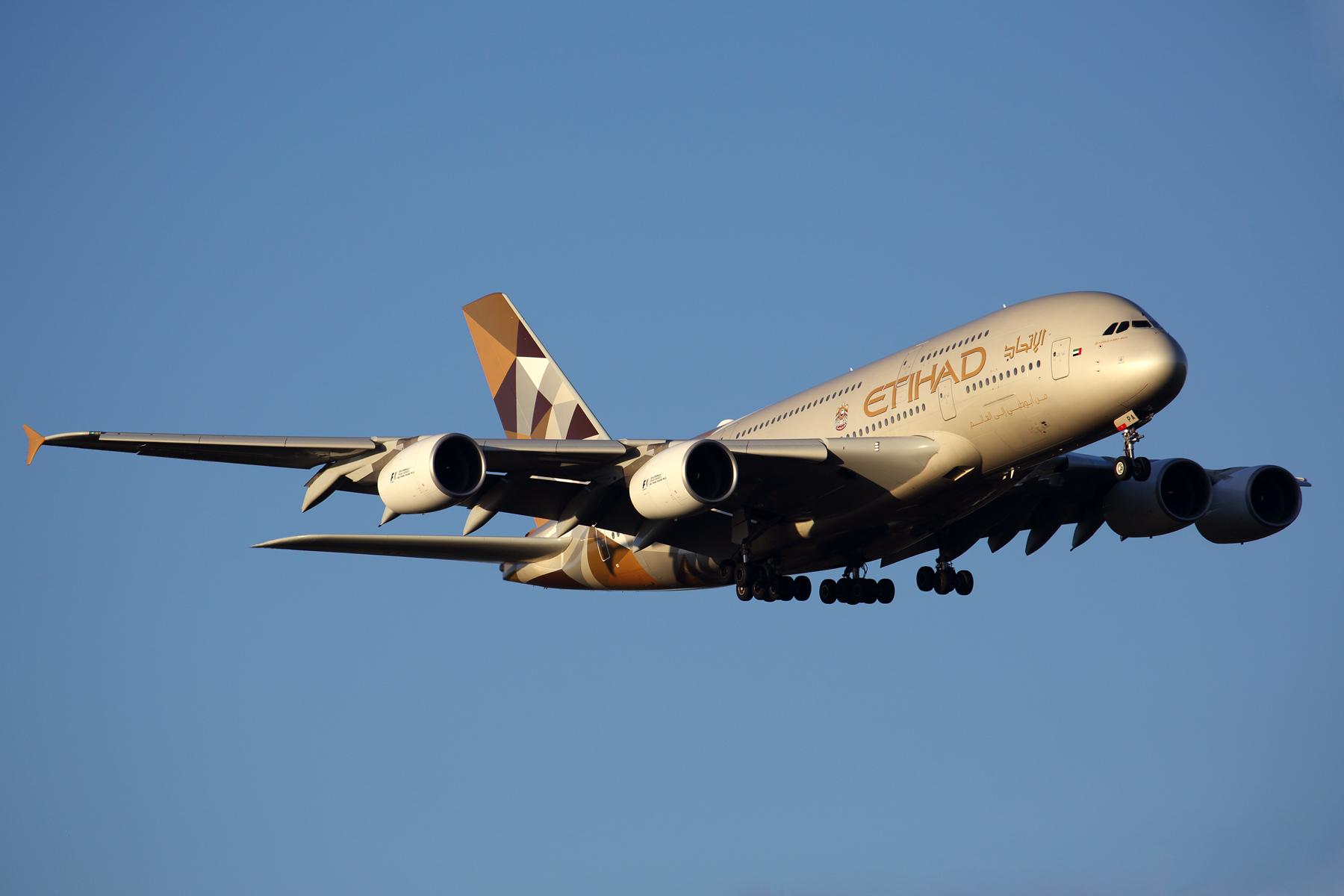
Etihad Airways has decided to return a part of its Airbus A380 fleet for the summer of 2023, intending to fly the aircraft on its Abu Dhabi-London route.
Etihad said it will reactivate four of its 10 A380s for the service.
Etihad is only the latest carrier to bring back the A380 as long-haul air travel progressively recovers, and airlines seek more capacity. But the move is surprising in some ways because Etihad has also revamped its business model, focusing more on connecting Abu Dhabi to the world rather than trying to emulate the hub model driven by fellow Gulf carriers Qatar Airways and Emirates.
The move is also the first major strategic decision made by Etihad’s new CEO Antonoaldo Neves, who joined the airline in October. Neves, the former CEO of TAP Portugal, replaced Tony Douglas, who became new CEO of Saudi Arabian startup RIA. Douglas had taken the A380 out of service during the novel coronavirus pandemic and all but ruled out its return.
Neves said, “we have decided the time is right to return some of our A380s into the fleet to satisfy the demand which has made them financially viable once more.”
Before Etihad, fellow operators of the widebody—including All Nippon Airways, Asiana, British Airways, Emirates, Korean Air, Qantas, Qatar Airways, and Singapore Airlines—had already reactivated parts of their A380 fleets. Emirates has the largest active fleet with 84 aircraft and plans to operate close to 120 of them ultimately. Lufthansa is another airline that will return the A380 next year, moving its base from Frankfurt to Munich. The carrier will only take five of its eight remaining A380s out of long-term storage. Six more have been sold to Airbus and are in the process of being handed back to the manufacturer.
Air France, China Southern and Malaysia Airlines have permanently retired the type.
Etihad did not say whether it is now considering taking more than the four aircraft out of storage in the longer term. The A380 is equipped with just under 490 seats in the Etihad layout and is heavily tilted toward premium passengers with features such as the “residence”—a suite on the forward upper deck as well as first class apartments.
A fleet of four aircraft will be sufficient for up to four daily frequencies to London-Heathrow. Neves said the decision will enable the airline to deploy aircraft currently used on the Heathrow route to other destinations. Etihad currently uses a mix of Boeing 787-9s, -10s and A350-1000s on the four daily London frequencies.



